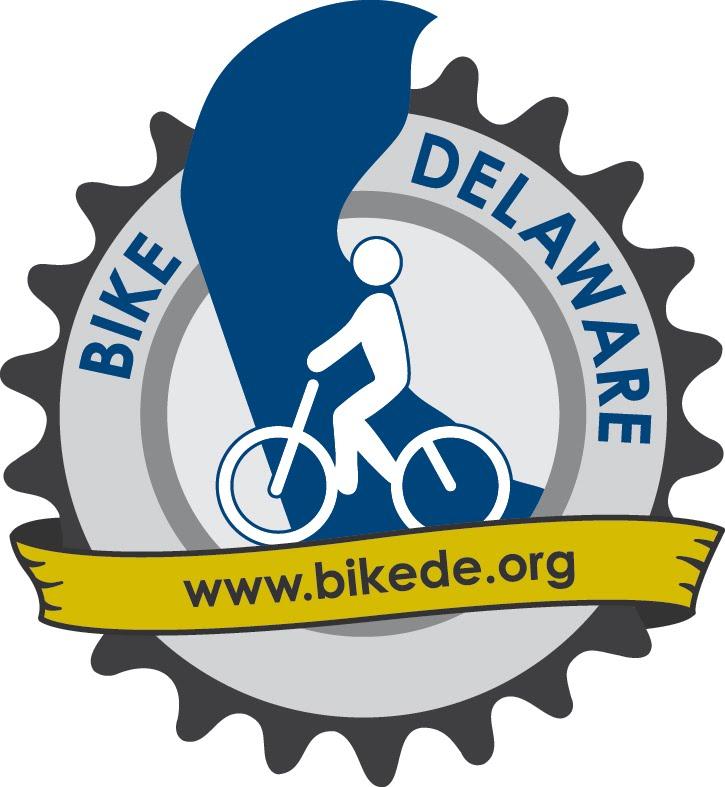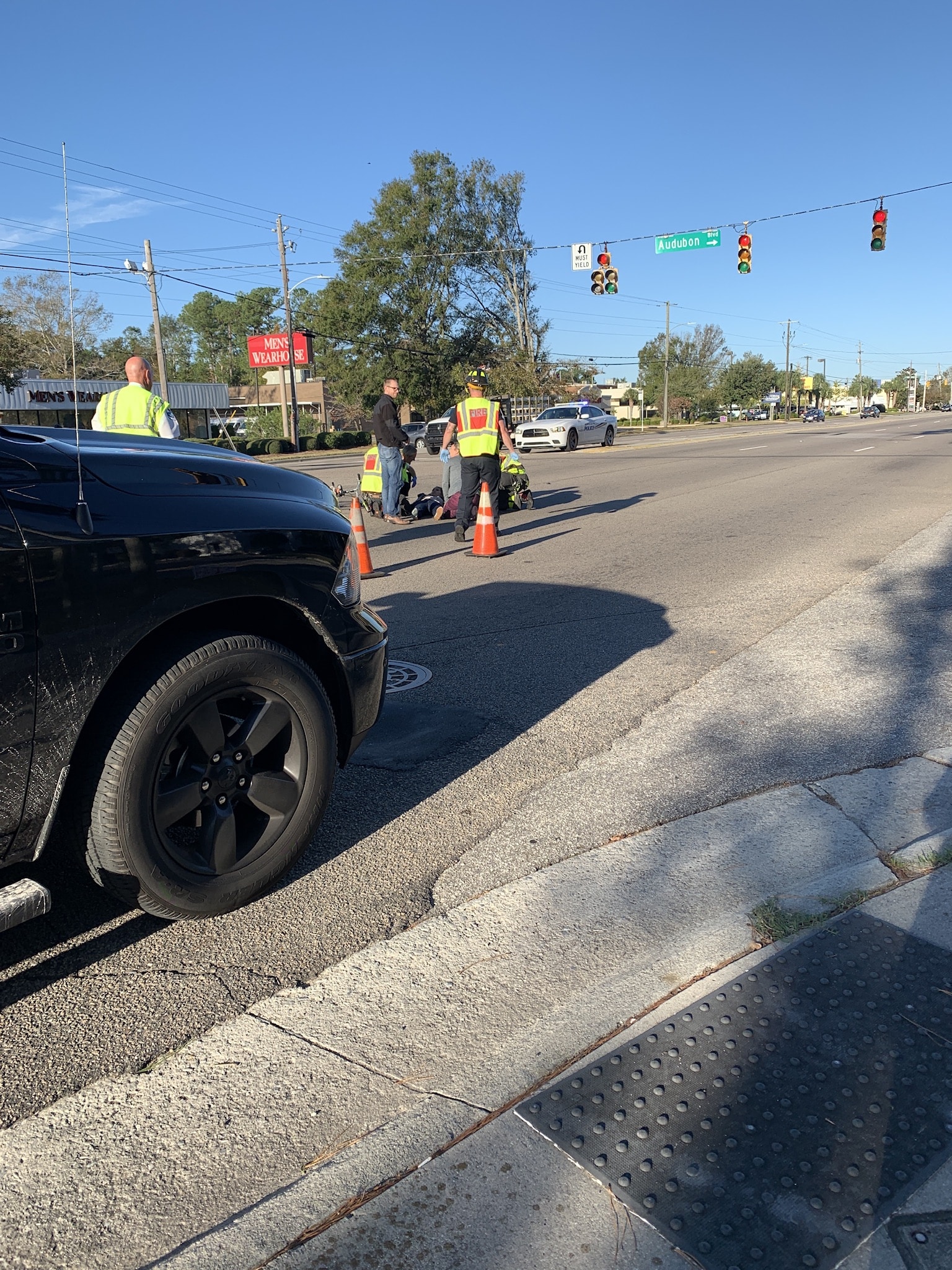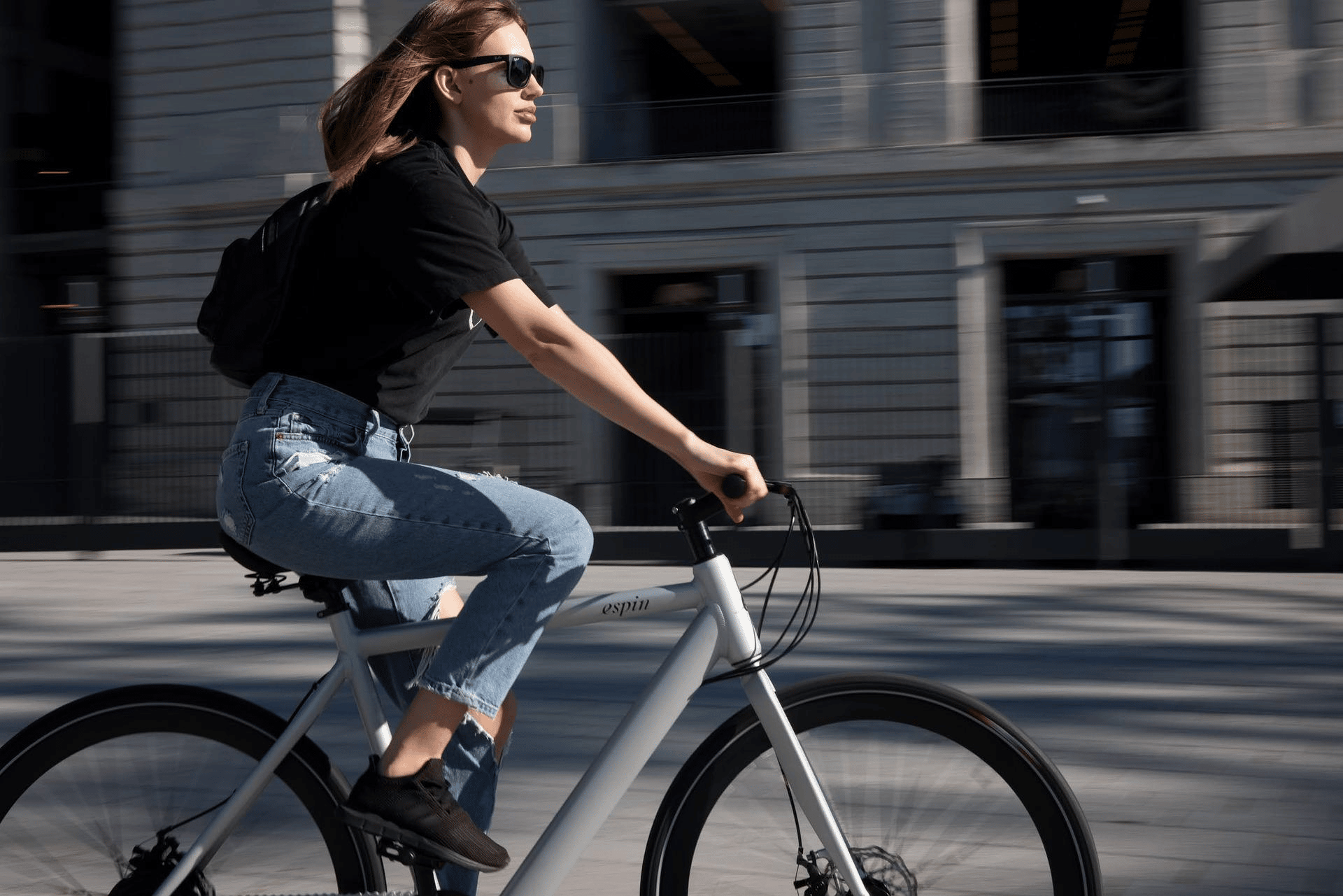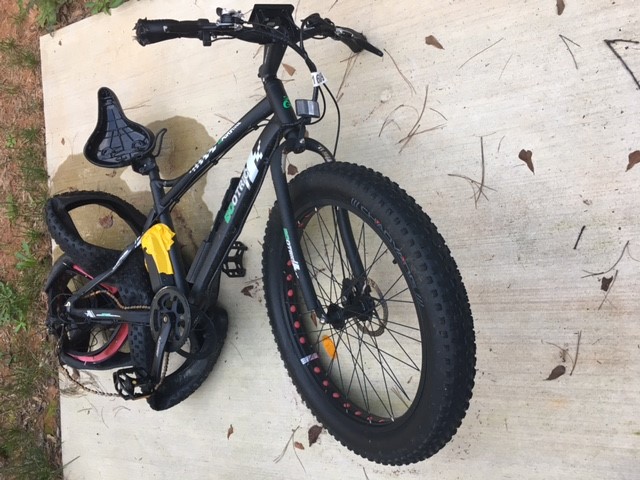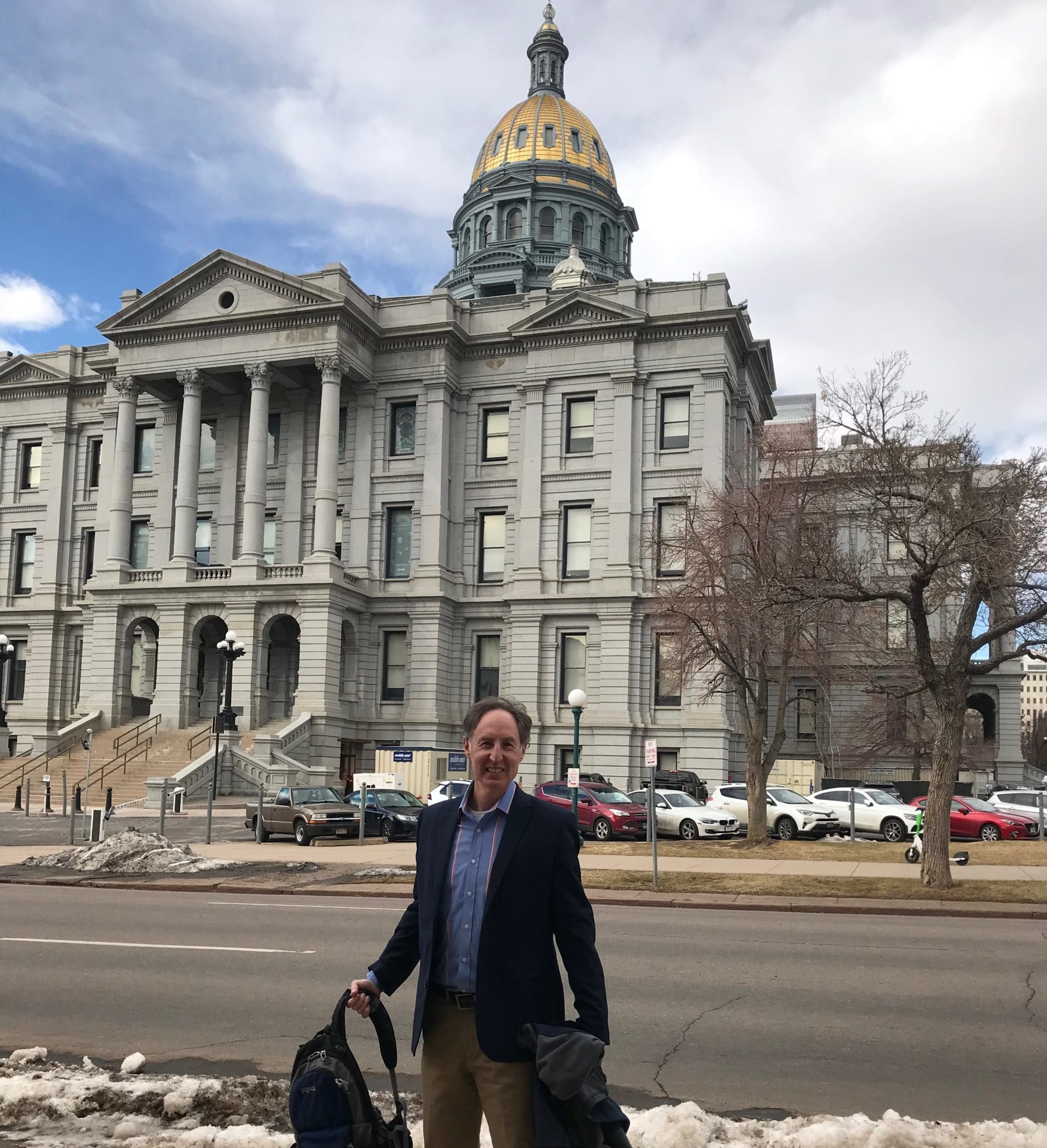In October 2017, Delaware’s governor signed the Bicycle Friendly Delaware Act, placing into state law cutting-edge, pro-bike reforms.
We understand the importance of good Rules of the Road when it comes to protecting cyclists in court. Changing the laws that protect cyclists is one of the most important ways to make the roads safer and promote better biking. And there has been some notable progress in this area over the last 10 years. In 2008, for example, South Carolina enacted a safe passing and anti-harassment provision. Safe passing laws have since spread to 39 states and counting. More recently we have seen the rise of vulnerable road user (VRU) protections being considered in many states, and actually made into law in a few.
But laws that were considered groundbreaking a few years ago have proven to be steps in the right direction, but not the ultimate laws that we need. And as Bike Law lawyers work with our state federations in legislatures, we are met with challenges and obstacles. VRU bills are often having a hard time getting out of committees in any decent form. And New York and Michigan, to name two disappointing examples, have no safe passing laws at all. And Maryland cannot see its way to end the prehistoric doctrine of contributory negligence.
So there is progress to report but it’s been slow almost everywhere and practically nonexistent in some states.
Enter Delaware.
In October 2017, Delaware’s governor signed the Bicycle Friendly Delaware Act, placing into state law some cutting-edge, pro-bike reforms that put Delaware emphatically into a category of one among U.S. states when it comes to favorable statutory law treatment of cycling. The highlights:
- requirement that drivers have to change lanes to pass;
- the “Delaware Yield” at stop signs;
- deletion of the “as far to the right as practicable” provision; and
- no aggressive honking at cyclists.
Who is responsible for this success? How did they do it? And what can we learn from it?
BIKE DELAWARE
Bike Delaware is who. Founded in 2010, Bike Delaware is the statewide bicycling and walking advocacy organization. Although non-partisan, Bike Delaware is deeply involved in politics, conducting state legislature candidate surveys in the elections of 2010, 2012, 2014, and 2016 and directing most of its modest resources to government relations. Its advocacy focuses on dedicated state funding for cycling and walking, “low stress” bicycle networks, and bicycle-friendly and transit-ready development.
Through policy research and non-partisan advocacy, Bike Delaware excels at translating the public’s desire for a transportation system that helps create – rather than degrades – walkable, bikeable, transit-served, mixed-use, healthy, vibrant, environmentally-friendly, aging-friendly, and entrepreneurial communities into “transportationese” so that elected and appointed officials who think in terms of transportation safety and mobility can make better transportation policy and project decisions.
Bike Delaware’s most recent advocacy success was the Bicycle Friendly Delaware Act. By taking a comprehensive approach to bicycle regulatory reform and a cooperative attitude towards negotiating with the state police, Bike Delaware succeeded in winning a package of unprecedented pro-bike regulatory reforms.
HOW THEY DID IT
I posed the question of “how did you do it?!” to Bike Delaware. And here’s what they told me:
It’s not the “Idaho Stop.” It’s the “DELAWARE YIELD.”
Way, way (way!) back in 1982, when Ronald Reagan was in his 2nd year in office, Yuri Andropov was the General Secretary of the Central Committee of the Communist Party of the Soviet Union, and Physical by Olivia Newton-John was the top song in the U.S., a pissed-off cyclist / state legislator in Idaho got tired of breaking the law every time he went for a ride and decided to do something about it.* The result: the “Idaho Stop,” which created a legal exception for safe yielding at stop signs by cyclists. But only in Idaho!
What no one knew in 1982 was that the Idaho Stop would subsequently become the Moby Dick of cycling advocacy. As cycling advocacy at the state level later got organized, Oregon tried to repeat Idaho’s trick in 2003 (and then again in both 2009 and 2011!). Minnesota took a swing in 2008, followed by Arizona and Utah in 2011, Oklahoma in 2016 and Colorado, California, and Arkansas in 2017. Every single one of these attempts failed. Most of these bills never got out of committee. Some didn’t even get a vote in committee. A few towns in Colorado were successful at passing equivalent local ordinances, but state law prevailed beyond city limits.
But on October 5, 2017, on a sunny and unseasonably warm fall day in Newark, Delaware, Delaware Governor John Carney signed the Bicycle Friendly Delaware Act into law. Finally – 35 years after Idaho – a 2nd state made safe yielding at stop signs by cyclists legal. And, as far as we are concerned here in Delaware, this new Rule of the Road is not the “Idaho Stop.” It’s the “Delaware Yield.”
Change lanes to pass > 3-foot passing
It should probably go without saying that “3-Foot Passing” laws are difficult to enforce. But the fact that few drivers anywhere have ever been ticketed for “buzzing” a cyclist is not why these laws are a problem. The reason they are a problem is that they tend to reinforce a misperception in the United States that passing bicycles within lanes is OK (and therefore bicyclists should squeeze over to the right in travel lanes to enable this passing maneuver). Notwithstanding the fact that a motor vehicle and a bicycle rarely fit within a single lane, safely or otherwise.
We know that a lot of extremely well-meaning cycling advocates have spent years and years getting 3-Foot Passing laws on the books in almost every state. And we also know that suggesting, now, that these laws may actually be counter-productive is not likely to win us many friends. But think back to the last time you were buzzed. Do you really think that the driver of the car who buzzed you did so because of some sort of anti-cyclist animus or sociopathic disorder? Or is it more likely that we have inadvertently created a road culture in the U.S. where the expectation is that cyclists should scrunch over to the right and that cars should squeeze by them in the same lane? And that 3-Foot Passing laws – by specifying the passing distance but not saying anything about changing lanes – have actually contributed to this widespread misunderstanding about (a) where cyclists should ride and (b) how vehicles should pass them?
At the same moment that Delaware made the Delaware Yield legal we also cut through all the confusion and nonsense around how to pass cyclists. How? As of October 5, 2017, it is now also a Rule of the Road in Delaware that drivers must change lanes to pass bicycles in all cases where a lane is too narrow for cars and bikes to safely operate side by side.
As with the Delaware Yield, Delaware becomes only the 2nd U.S. state to adopt such a Rule. But we have to say that our Rule is much stronger than Nevada’s (the only other state with such a Rule) because Delaware’s Rule applies to both (a) roads with 2 or more travel lanes proceeding in the same direction and (b) 2-lane roads divided by double-yellow lines.
The Dreaded “AFRAP”
Over the decades cyclists have wasted a lot of ink and electrons complaining about “AFRAP”. For those who have not previously encountered this notorious acronym, it stands for “as far to the right as practicable.” Forty-two states require cyclists, as a rule, to ride “as far to the right as practicable” in travel lanes (although all these states then allow lots of exceptions). But notwithstanding those exceptions, AFRAP is basically the flip side of 3-Foot Passing laws: they both are the results of, and contribute to, an underlying confusion about where cyclists should ride and how vehicles should pass us.
Eliminating AFRAP was another part of the Bicycle Friendly Delaware Act. Here we were following the lead of a half a dozen other states.
Don’t Honk at Cyclists!
We have no idea how many other states have a law that makes it illegal for drivers to honk at cyclists (except in the very narrow circumstance when a collision is imminent). But we are glad that’s also now the law in Delaware as of October 5, 2017.
You say you want to change your state’s Rules of the Road even if the police are opposed? Bless your heart.
When it comes to the Rules of the Road in any state, the most important stakeholders are the police. Your state police will have a full-time lobbyist (or “liaison”) who attends every public safety committee meeting in your state legislature (and probably has been doing so for a decade or more). One way of attempting to reform the Rules of the Road in your state is to draft a bill without consulting with the police, find a willing legislator to introduce it, and let the chips fall where they may. Our comment on that strategy is “Bless your heart.” (According to Wikipedia, “bless your heart” is a phrase that is commonly used in the southern United States and which means “you are dumb or otherwise impaired, but you can’t help it.”)
Bike Delaware spent more time negotiating with the police on the text of the Bicycle Friendly Delaware Act than we did on any other aspect of the campaign. If you want to introduce a bill in your state legislature on a certain date, you should start negotiating with the police six months before that.
Where we say a few nice things about lobbying
If there is one incontrovertible statement we could make about America in 2018 it would surely be: people don’t like, or trust, politicians. The only class of people more unpopular than politicians in America in 2018 would be…lobbyists. So let us say something nice about lobbying.
If you can, put aside for a moment the mental image of a completely corrupt guy carrying large bags of cash to be used to bribe politicians. That is not a necessary part of the profession of lobbying. What is essential is this: a lobbyist is someone who is paid to represent the interests of some group of people and who serves as a knowledgeable interface between politicians and that outside group. The National Rifle Association employs lobbyists. The American Civil Liberties Union employs lobbyists. The U.S. Chamber of Commerce employs lobbyists. AARP employs lobbyists. Large corporations employ lobbyists. Unions employ lobbyists.
You may think that righteousness and the power of the people are the way democracy should work and that only the corrupt employ lobbyists. For what it’s worth, that was not the attitude that Bike Delaware brought to our effort to getting the Bicycle Friendly Delaware Act passed by our state legislature. In fact, we employed a lobbyist. We just called our lobbyist an “advocate” (which is something you can totally get away with doing if you are a nonprofit organization as opposed to a big corporation).
Are you interested in pro-bicycle reform in your state? Then we recommend that you consider supporting your state bicycle advocacy organization. But don’t just send them a check. Ask whether they have lobbying capacity. Can they draft a bill? Can they negotiate with their state police? Do they have relationships with the leadership in their state legislature? Do they know committee chairs? Do they have a track record of successfully getting legislation passed? If the answer is yes, send them a link to the Bicycle Friendly Delaware Act and ask them if they can do something similar. If no, then ask them how you can help them develop the lobbying capacity they need.

Bike Law founder and bicycle crash lawyer Peter Wilborn has raced, toured, commuted, and ridden his bike daily for fun. In 1998, Peter had a bike tragedy in his own family, realized firsthand the need for lawyers who understand cycling, and devoted his law practice to Bike Law.



